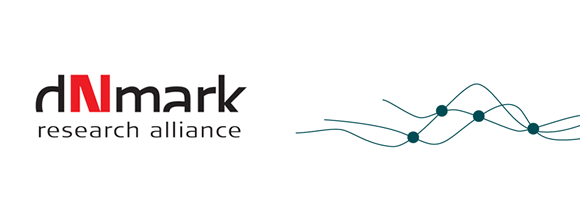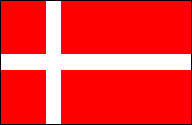RC 4.1
Urban-rural N recycling for waste
Project description
According to the recommendations of the European N Assessment (Oenema O. et al., 2011) one of the seven major actions to be taken to radically alter the N flows of society should be improved recycling of nitrogen (and phosphorus) from waste water systems. The current urban sewage treatment process is primarily designed to reduce the level of pollution of watercourses by organic matter and reactive N and P. Overall the production of fertiliser in recycling N for major European cities would have the theoretical potential to produce over 600 Gg N per year, equivalent to around 600 million € per year, at the same time as reducing polluting losses to the environment (Sviriejeva-Hopkins et al., 2011).
Danish waste water treatment relies mostly on traditional mechanical, biological and in some cases chemical treatment, which can remove up to 85%–95% N and 90%–95% phosphorus. Currently, many waste water plants are however in the process of redesigning the process, and are focusing on several issues, including alternative P and N recovery methods, e.g. struvite precipitation, reject water treatment, aerobic immobilisation. This way less of the N will be lost to the atmosphere, and will be recovered either in mineral precipitates (struvite, magnesium-ammonium-phosphate) or as sludge bound, high concentration organic N. Finally, the Danish government has a new resource strategy, where a much higher degree of recycling of organic household waste via biogasification, composting or combinations of these will be promoted. Altogether, these new waste management tendencies introduce new waste residuals (WR), which potentially can be recycled back into agriculture as fertilizers products, but with a lack of knowledge on their appropriate, efficient and safe utilization.
The research questions for this post-doc project are:
- Will N in new WR be sufficiently available for efficient plant recovery?
- Can WR be modified to achieve higher fertilizer value?
- What are the medium to long-term effects on soil quality and potential environmental emissions?
The work and activities in the project will include:
- Screen current market (EU level) for waste-water derived residuals with a potential use as fertilizers
- Selection of a representative set of samples for further characterisation and modification procedures (e.g. thermal, pressure treatment) to enhance N availability and handling properties
- Field based testing of a limited number of WWR and modified products in the CRUCIAL field trial (long-term urban residuals experiment) and 4. Dissemination and discussions with stakeholders and waste water industry on the feasibility and economy of such alternative solutions.
| Postdoc
Sean Case |
|
 |
|




 Danish
Danish